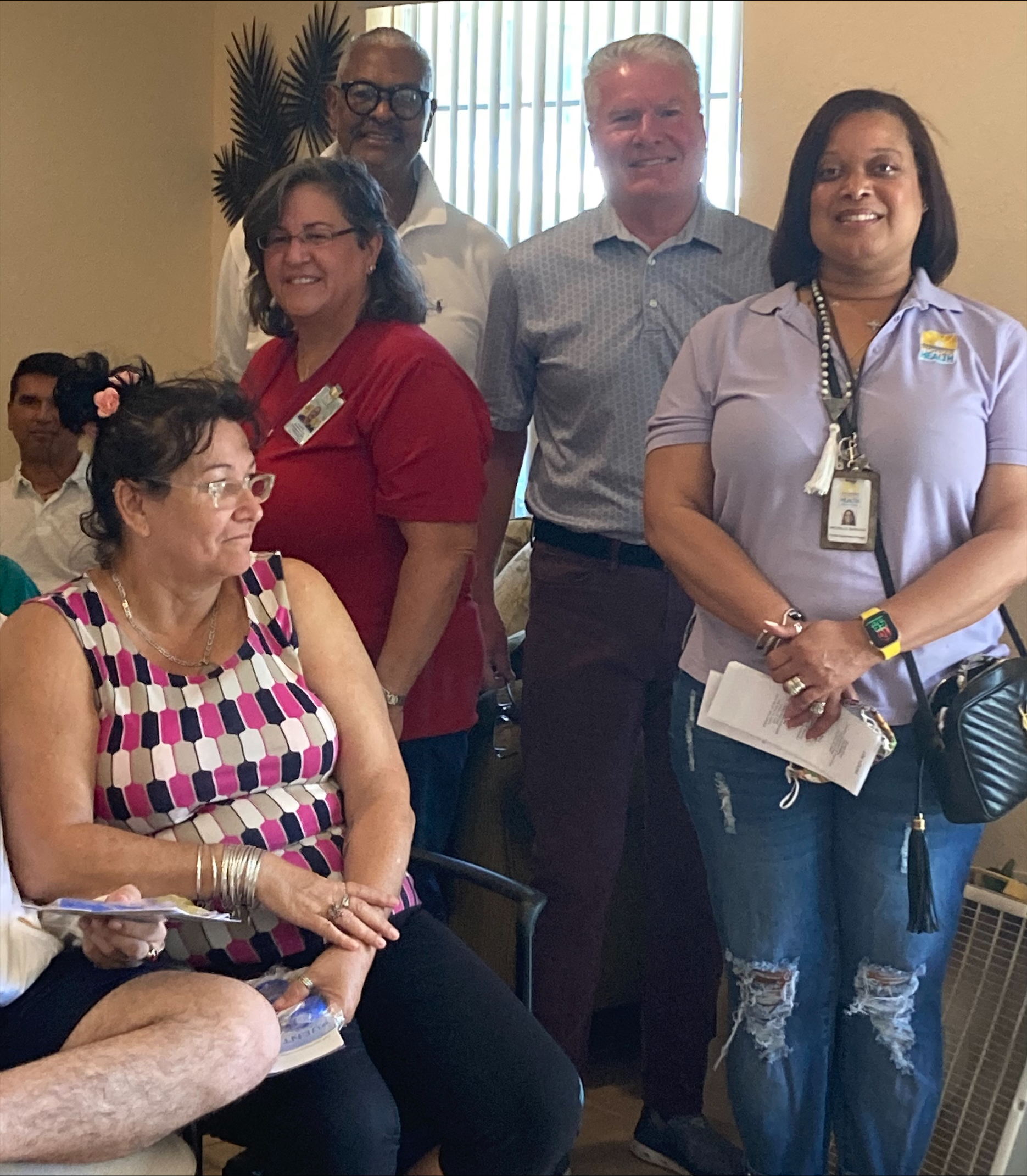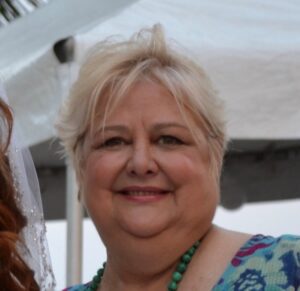By Maureen Dunleavy, LMHC., Regional Vice President
On Sept. 27, Hurricane Ian made its way across the Gulf of Mexico and towards the west coast of Florida. Although the eye of the storm was 65 miles away, the Category 3 storm brought flooding and made its impact felt throughout our island chain. In addition, there were several fires that occurred in Key West most likely from the flood waters hitting live electricity then spreading due to windy conditions. As a result, thousands of families were impacted. Homes in Bahama Village took on four to five feet of water and the Flagler Fire left 40 families homeless. Anxiety and despair were felt by many, but the Guidance/Care Center (GCC) felt the call for hope. GCC is the disaster crisis counseling provider, a critical needs facility and part of the Monroe County Community Organizations Active in Disaster (COAD). Our role is to assist with mental health crisis support, case management, and help individuals obtain their psychiatric medications through our Indigent Drug Program, Americares. In the past two months, GCC staff have been readily available to assist with the crisis and have taken to the streets to provide outreach. There have been many community events in the hardest hit areas and visits to facilities like the Florida Keys Overnight Temporary Shelter (KOTS) where we could simply do a check in with residents, listen to their stories, and help provide resources to them.
Natural disasters such as hurricanes have long-lasting effects on communities and their residents. We have learned this from experience. Recovery is a process that continues long after disaster recovery support has left the community. Unfortunately, Hurricane Ian was not the first storm and it will not be the last. We know that our GCC staff and Florida Keys residents will continue to experience mental health symptoms like anxiety each year, leading up to those hurricane months. These feelings increase each time a new storm is pending. It is easy to panic when you see the news and live through the “cone of uncertainty.” Vicarious trauma and anxiety can also be felt after witnessing what other storms have done and how they have impacted other parts of our WestCare family. What we do know is that providing mental health services such as crisis support and outreach during hurricane recovery fosters hope. This comprehensive approach saves lives. We will be thrilled when this hurricane season ends on Nov. 30, but will hope that next year is a quiet one.






